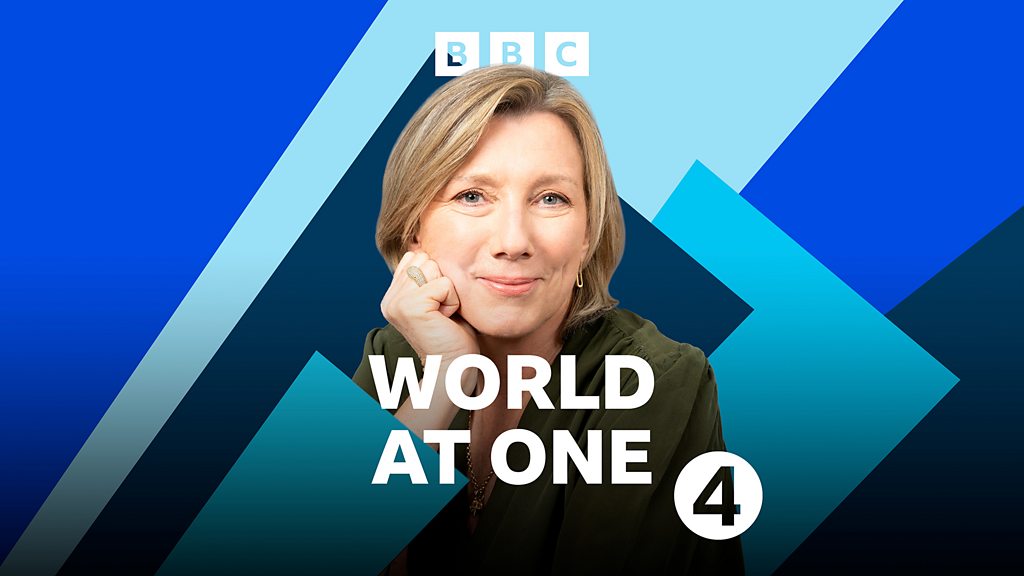Amid the general enthusiasm for foreign TV drama, especially crime series, there doesn't seem to be much discussion about the state of the local product. After all, it wasn't so long ago (well, from the late 1960s to the 1990s mainly) that there was a kind of conveyor belt of interesting, varied British drama on TV: Alan Plater, Dennis Potter, Mike Leigh, Alan Bleasdale, Troy Kennedy Martin, Andrew Davies (A Very Peculiar Practice), Peter Flannery, Tony Marchant among others.
It's not as though we aren't living in extraordinarily dramatic times. We have recently experienced one of the worst global economic crashes in history; there is revolution and civil war across much of North Africa and the Middle East, as well as a clash of ideas within religions and between fundamentalists and secularism; the world is riven by intense climate extremes with ice storms, floods and drought; there are constant revolutions in communication with the rise of social media and global awareness; there is an unprecedented degree of sexual freedom at least in predominantly secular countries, at the same time clashing with a conservative reaction to that freedom; and a continuing change in our understanding of almost every area of scientific inquiry (which itself has given rise to some excellent plays by Frayn and Stoppard).
Yet how are these changes represented in British TV drama: there is a long-running children's series revamped for the C21; a series on 1950s midwifery; Sherlock Holmes re-imagined for the modern age; and a series written by a Lord about the days when the classes knew their places Has the curse of the marketing man suffocated TV drama, eliminating the controversial and the subversive and leaving only the bland and the formulaic?
Has the curse of the marketing man suffocated TV drama, eliminating the controversial and the subversive and leaving only the bland and the formulaic?
It's not as though we aren't living in extraordinarily dramatic times. We have recently experienced one of the worst global economic crashes in history; there is revolution and civil war across much of North Africa and the Middle East, as well as a clash of ideas within religions and between fundamentalists and secularism; the world is riven by intense climate extremes with ice storms, floods and drought; there are constant revolutions in communication with the rise of social media and global awareness; there is an unprecedented degree of sexual freedom at least in predominantly secular countries, at the same time clashing with a conservative reaction to that freedom; and a continuing change in our understanding of almost every area of scientific inquiry (which itself has given rise to some excellent plays by Frayn and Stoppard).
Yet how are these changes represented in British TV drama: there is a long-running children's series revamped for the C21; a series on 1950s midwifery; Sherlock Holmes re-imagined for the modern age; and a series written by a Lord about the days when the classes knew their places
 Has the curse of the marketing man suffocated TV drama, eliminating the controversial and the subversive and leaving only the bland and the formulaic?
Has the curse of the marketing man suffocated TV drama, eliminating the controversial and the subversive and leaving only the bland and the formulaic?
 Some of David Mercer's works were excellent, Stoppard and Frayn with works like Professional Foul and Make or Break, Hare, Gray, Bennett, Peter Terson another. I just had the sense that there was a lot more unpredictable and individual work then compared with now, perhaps because of greater opportunities for new playwrights and more adventurous commissioning. Another factor perhaps was the great wealth of character acting talent in that era and while there are impressive actors and actresses around today I don't feel that they are interested in working in TV but more in film or on the stage.
Some of David Mercer's works were excellent, Stoppard and Frayn with works like Professional Foul and Make or Break, Hare, Gray, Bennett, Peter Terson another. I just had the sense that there was a lot more unpredictable and individual work then compared with now, perhaps because of greater opportunities for new playwrights and more adventurous commissioning. Another factor perhaps was the great wealth of character acting talent in that era and while there are impressive actors and actresses around today I don't feel that they are interested in working in TV but more in film or on the stage.

Comment